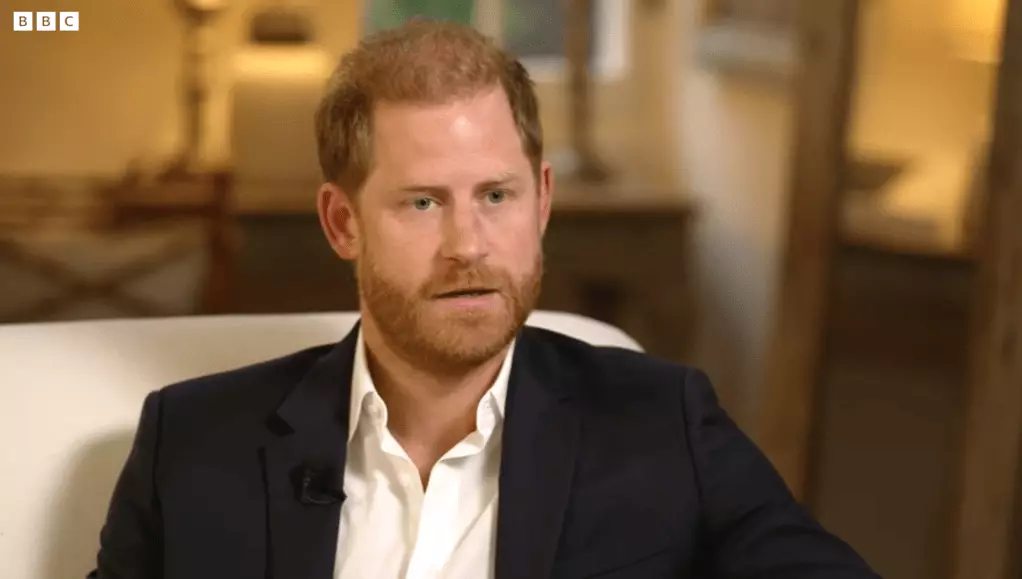In an era where media integrity is paramount, the recent admission by the BBC regarding their handling of Prince Harry’s claims reveals a significant lapse that raises concerns about journalistic rigor. The British broadcaster openly acknowledged that their Radio 4’s Today show could have done better by not thoroughly questioning the Duke of Sussex’s assertion that the withdrawal of his royal security was “an establishment stitch-up.” This acknowledgment of a misstep not only reflects poorly on the BBC but signifies deeper issues in the broader media landscape, particularly surrounding how allegations from high-profile individuals are treated without sufficient scrutiny.
Contextual Ignorance?
During his interview, Prince Harry articulated his frustrations, particularly directed at King Charles III, stating that the royal family’s response to his security needs is indicative of a familial and institutional disconnect. However, the BBC’s failure to present the perspective of the Home Office and Buckingham Palace is troubling. By merely echoing the Duke’s claims without critical evaluation, the BBC missed an opportunity to provide a balanced view that could have included differing opinions and facts, thereby failing their duty to inform the public comprehensively.
This deficiency in challenging assertions is not a minor error; rather, it hints at a growing trend within media where sensational claims by celebrities are accepted at face value. In today’s climate, where misinformation can spread rapidly, a responsible media outlet must maintain high standards of scrutiny to uphold its credibility.
A Personal Plea or Public Performance?
Additionally, Prince Harry’s emotional appeals regarding his desire for reconciliation with his family evoke complexity. On one hand, his statements about wanting to mend familial ties touch a universal chord of longing and regret. Yet, one cannot help but wonder if there is an element of self-promotion woven into his narrative. By positioning himself as the aggrieved party, there is an implicit expectation for public sympathy despite the controversies surrounding his departure from royal duties and the public life he led.
While his comments about not being able to show his children their heritage resonate personally, they also serve a dual purpose of drawing media attention and influence. The question remains: are we witnessing a sincere emotional struggle, or a calculated move to shape public opinion in his favor?
The Security Dilemma
The discussion around Prince Harry’s security is equally perplexing. His statements imply that without royal protection, he is barred from returning to the UK, a sentiment that raises eyebrows about his perceived obligation to remain within royal protocol. The UK government has defended its security framework as “rigorous and proportionate,” suggesting that Prince Harry’s concerns may not be as clear-cut as he presents them. By framing his security situation as a straightforward denial of rights, the Duke may overlook the complexities and challenges faced by the Home Office and its responsibilities to protect public resources.
In essence, this incident serves as a critical examination of how powerful narratives are crafted and disseminated, as well as the ethical responsibilities of media platforms in their portrayal. As audiences, we must remain discerning, questioning not only the narratives presented to us but also the motivations behind them. The BBC’s slip should serve as a wake-up call: media accountability is essential for a well-informed public and ultimately fosters healthier dialogues around complex issues.
